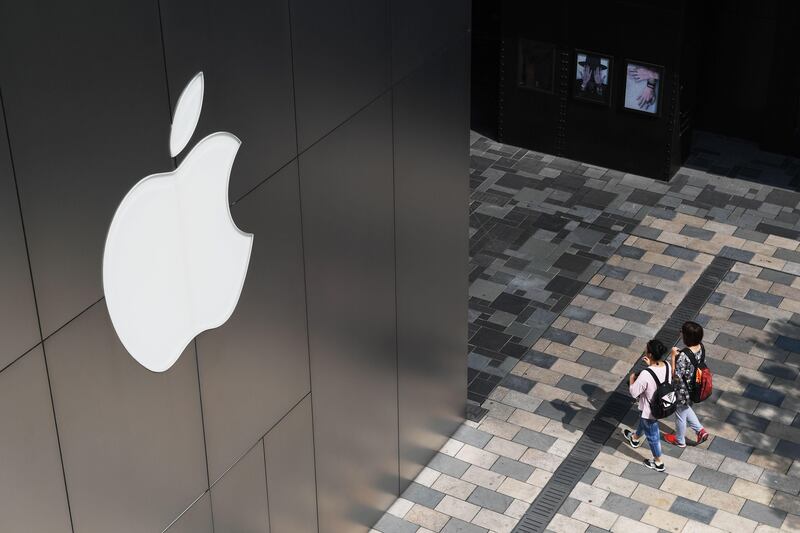Apple is making it harder for touts to profit from buying iPhones in Hong Kong only to sell them on the black market in China.
From August 15, all products bought online from Apple in Hong Kong are ineligible for return or exchange unless they are defective, the company said on its website. Apple’s previous policy allowed 14 days for products to be returned in the city.
Every year after the release of new iPhones, vendors pop up on street corners in Hong Kong to hawk the new devices to those unable to secure their own supply. The city’s lower taxes and duties have long provided an incentive to buy there and re-sell to tourists or ship across the border to mainland customers unwilling to wait.
Apple is expected to unveil new iPhone models later this year with a hotly anticipated 10th anniversary edition that is said to include an overhauled look, people familiar with the matter have said. The device is said to include a new type of screen using organic light-emitting diode (OLED), curved glass and stainless steel materials although supply constraints may mean it is not available until one or two months after the typical autumn introduction.
_______________
Read more:
WATCH: World's biggest OLED screen at Dubai Mall
Stuck in last chance saloon, Japan Display slashes jobs
_______________
Apple’s sales in Greater China, which includes Hong Kong and Taiwan as well as the mainland, fell 9.5 per cent from a year earlier to US$8 billion in the most recent quarter. The biggest decline came in Hong Kong, the company said.
When customers purchase in volume, such as buying four or more items of the same category, products must be returned within seven days of being received and go back to the store from which they were purchased. The company’s earlier terms charged a 25 percent restocking fee per unit.
Apple declined to comment beyond its policy statement. The change in terms was reported earlier by the South China Morning Post.






